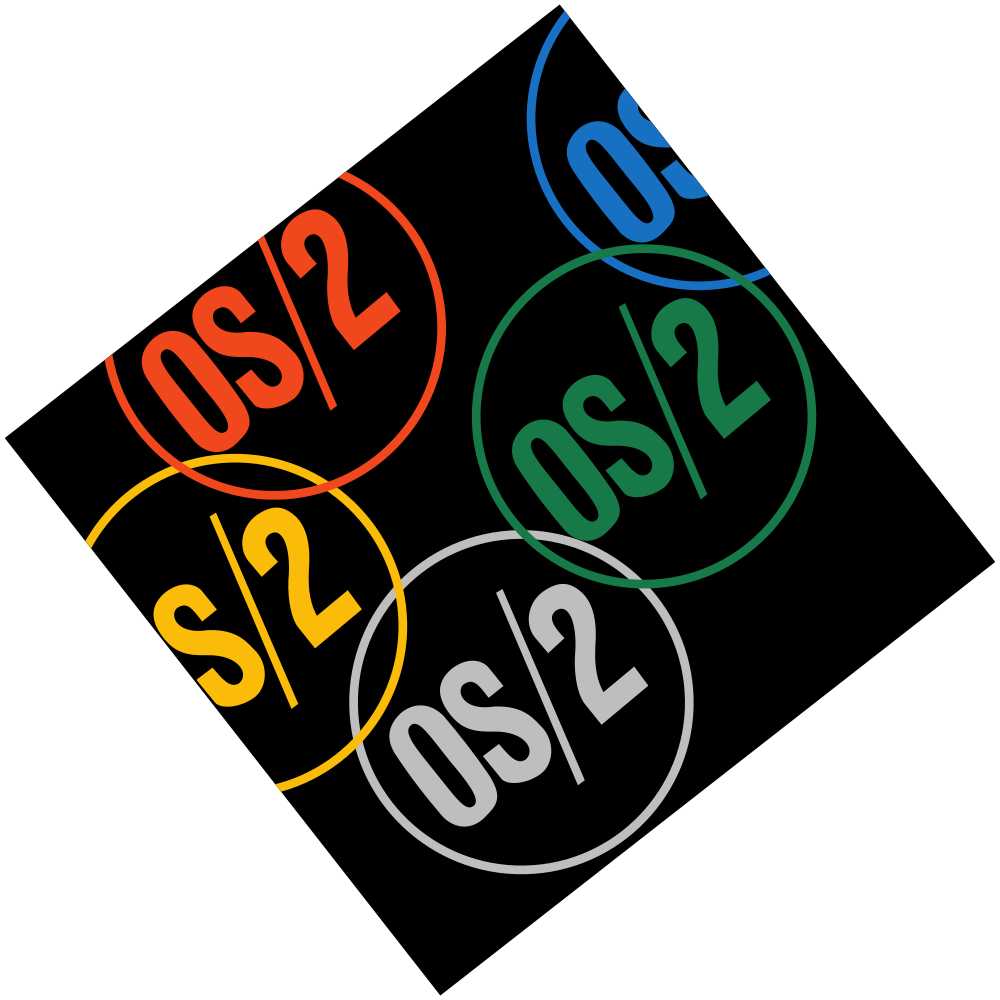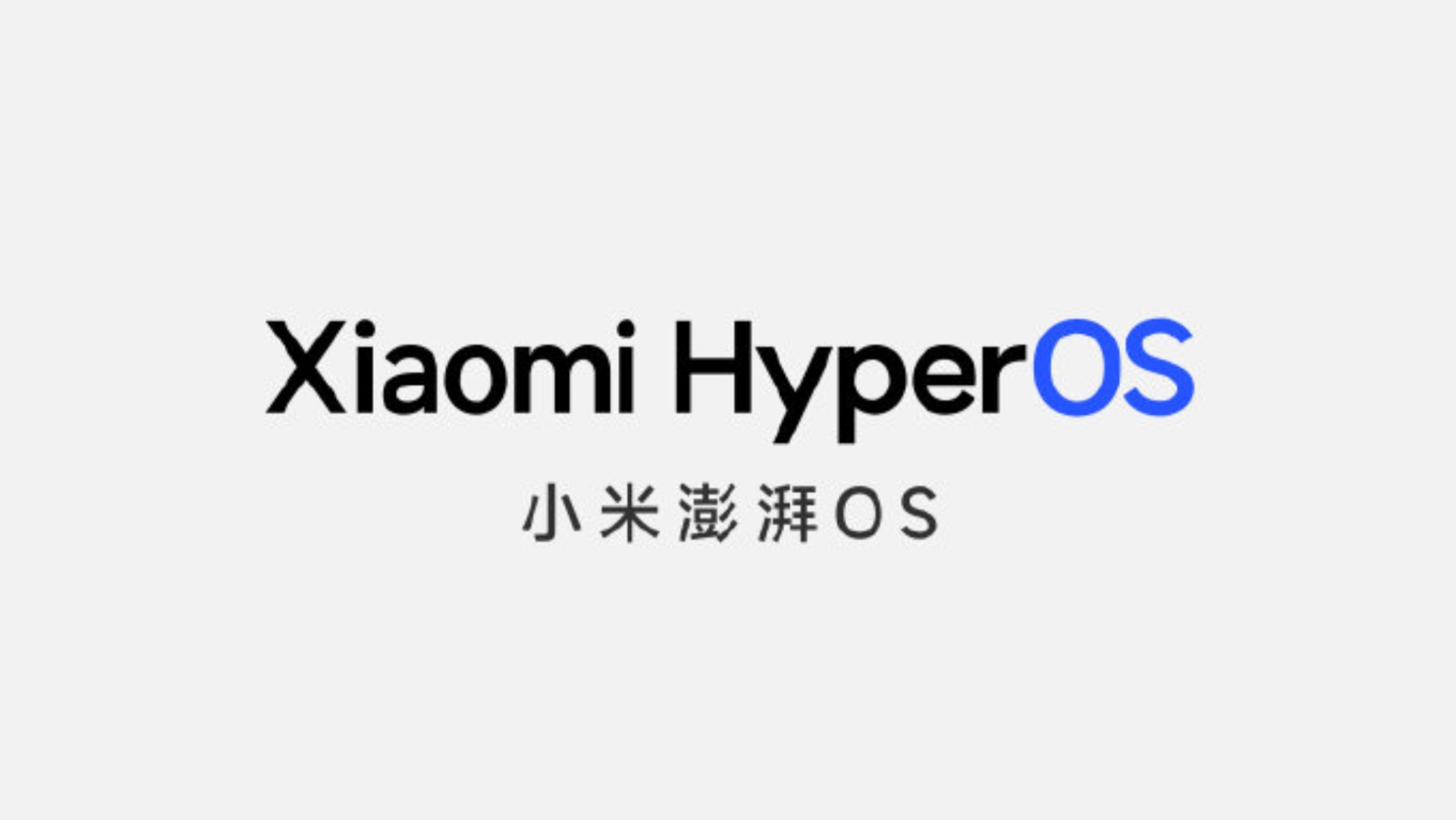Operating systems (OS) play a pivotal role in shaping the digital landscape as we know it today. Without an OS, computers and other devices would be unable to function efficiently or manage complex tasks. An operating system serves as the bridge between hardware components and software applications, enabling seamless interaction between them. This foundational layer of technology facilitates everything from basic operations like file management to advanced functions such as multitasking and resource allocation. As technology continues to evolve at an unprecedented pace, understanding the intricacies of OS becomes increasingly important for both professionals and everyday users alike.
From managing memory allocation to ensuring security protocols are adhered to, operating systems perform a multitude of functions behind the scenes that most people take for granted. They provide users with intuitive interfaces that make interacting with technology effortless while simultaneously handling complex computational processes. With so many different types of operating systems available today—from Windows and macOS to Linux distributions—there is no shortage of options catering to diverse needs and preferences. Understanding what sets each type apart can help individuals choose the right OS for their specific requirements.
As we delve deeper into this topic, you'll discover how operating systems have evolved over time, their key components, and why they remain indispensable in today's interconnected world. Whether you're a tech enthusiast looking to expand your knowledge or simply someone curious about how computers work, this article will provide valuable insights into one of the most critical aspects of modern technology: the operating system.
Read also:Michael Zegen Career Life And Achievements Of A Talented Actor
What Exactly is an Operating System?
An operating system, commonly referred to as OS, is essentially the software that manages computer hardware and software resources. It provides common services for computer programs, acting as an intermediary between the user and the machine. At its core, an OS performs basic tasks such as controlling peripherals, allocating memory, and ensuring security measures are in place. These fundamental functions allow users to run applications and perform various tasks without needing to understand the underlying complexities of the hardware.
How Does an OS Function?
The functioning of an operating system can be broken down into several key components. Firstly, it handles process management by scheduling tasks and allocating resources efficiently. Secondly, it manages memory through techniques like virtual memory, which allows multiple applications to run simultaneously without interfering with each other. Additionally, an OS handles file management, enabling users to create, delete, and organize files effortlessly. Through these mechanisms, an operating system ensures smooth operation of a device while maintaining optimal performance levels.
Why is Choosing the Right OS Important?
Selecting the appropriate operating system is crucial for ensuring compatibility with existing hardware and software, as well as meeting specific user requirements. Different OS options cater to varying needs; for instance, Windows might be preferred for gaming due to its extensive support for third-party applications, whereas macOS could be favored by creatives thanks to its seamless integration with Apple's ecosystem. Linux distributions offer flexibility and customization options that appeal to developers and advanced users. By understanding the unique features of each OS, individuals can make informed decisions tailored to their preferences and workflows.
Do You Know the History Behind Operating Systems?
The history of operating systems dates back to the early days of computing when machines required manual intervention for every operation. Over time, as technology advanced, so did the complexity of operating systems. From simple batch processing systems in the 1950s to multi-user, multitasking environments today, the evolution of OS has been remarkable. Each generation brought improvements in efficiency, user experience, and functionality, paving the way for the sophisticated operating systems we use today.
What Are Some Popular Types of OS?
Today, there are numerous types of operating systems catering to different user bases and requirements. Among the most popular are Windows, macOS, and various Linux distributions. Windows dominates the market for personal computers, offering a wide range of applications and compatibility with most hardware. macOS, developed by Apple, is renowned for its user-friendly interface and tight integration with other Apple products. Linux, on the other hand, appeals to developers and tech-savvy users who value open-source software and customization options.
What Makes a Good Operating System?
A good operating system should prioritize stability, security, and ease of use. Stability ensures that the system runs smoothly without frequent crashes or errors, which is essential for maintaining productivity. Security features protect users' data from unauthorized access and potential threats. Lastly, a user-friendly interface makes it easy for individuals of all skill levels to navigate and utilize the full capabilities of their devices. Combining these elements creates an OS that meets the diverse needs of its users effectively.
Read also:Crumbl Cookies Of The Week Menu A Sweet Adventure For Every Taste Bud
How Has the Role of OS Evolved Over Time?
The role of operating systems has expanded significantly over the years, adapting to meet the demands of modern technology. Initially designed to manage basic hardware functions, OS now plays a central role in enabling cloud computing, mobile devices, and IoT (Internet of Things) ecosystems. This evolution reflects the increasing interconnectedness of our digital world, where seamless communication between devices and platforms is paramount. As technology continues to advance, the importance of a robust and adaptable operating system will only grow.
Can OS Impact Device Performance?
Absolutely, the choice of operating system can have a substantial impact on device performance. Efficient memory management, optimized resource allocation, and effective process scheduling all contribute to how well a device operates under different workloads. Poorly designed or outdated OS versions may lead to slower performance, increased latency, and higher power consumption. Therefore, selecting an OS that aligns with your device's specifications and usage patterns is critical for achieving optimal performance.
What Challenges Do Modern OS Face?
Modern operating systems face several challenges, including ensuring compatibility across diverse hardware configurations, maintaining robust security measures against evolving cyber threats, and supporting emerging technologies like AI and machine learning. Additionally, with the proliferation of mobile devices and IoT, OS developers must address issues related to power efficiency and real-time processing capabilities. Addressing these challenges requires continuous innovation and adaptation, ensuring that operating systems remain relevant and effective in an ever-changing technological landscape.
What is the Future of Operating Systems?
The future of operating systems looks promising, driven by advancements in artificial intelligence, quantum computing, and augmented reality. As these technologies mature, they will place new demands on OS, necessitating further developments in areas such as virtualization, containerization, and cross-platform compatibility. Moreover, the growing emphasis on privacy and data protection will likely influence how future operating systems are designed, with greater focus on user control and transparency. By staying ahead of these trends, OS developers can continue to deliver solutions that enhance user experiences while meeting the demands of tomorrow's digital world.
Why Should You Stay Updated with OS Trends?
Staying updated with the latest trends in operating systems is vital for several reasons. First, it ensures you have access to the latest features and improvements that can enhance your productivity and security. Second, understanding emerging technologies allows you to make informed decisions about upgrading or switching operating systems when necessary. Lastly, keeping abreast of OS developments helps you anticipate potential challenges and prepare accordingly, ensuring a smoother transition as technology continues to evolve.
What Role Does OS Play in Shaping Our Digital Future?
The role of operating systems in shaping our digital future cannot be overstated. As the backbone of modern technology, OS influences everything from how we interact with devices to how data is processed and secured. By fostering innovation and enabling seamless integration of emerging technologies, operating systems will continue to play a pivotal role in driving the digital transformation across industries. Embracing this evolution will be key to unlocking the full potential of our increasingly connected world.
Table of Contents
- What Exactly is an Operating System?
- How Does an OS Function?
- Why is Choosing the Right OS Important?
- Do You Know the History Behind Operating Systems?
- What Are Some Popular Types of OS?
- What Makes a Good Operating System?
- How Has the Role of OS Evolved Over Time?
- Can OS Impact Device Performance?
- What Challenges Do Modern OS Face?
- What is the Future of Operating Systems?


